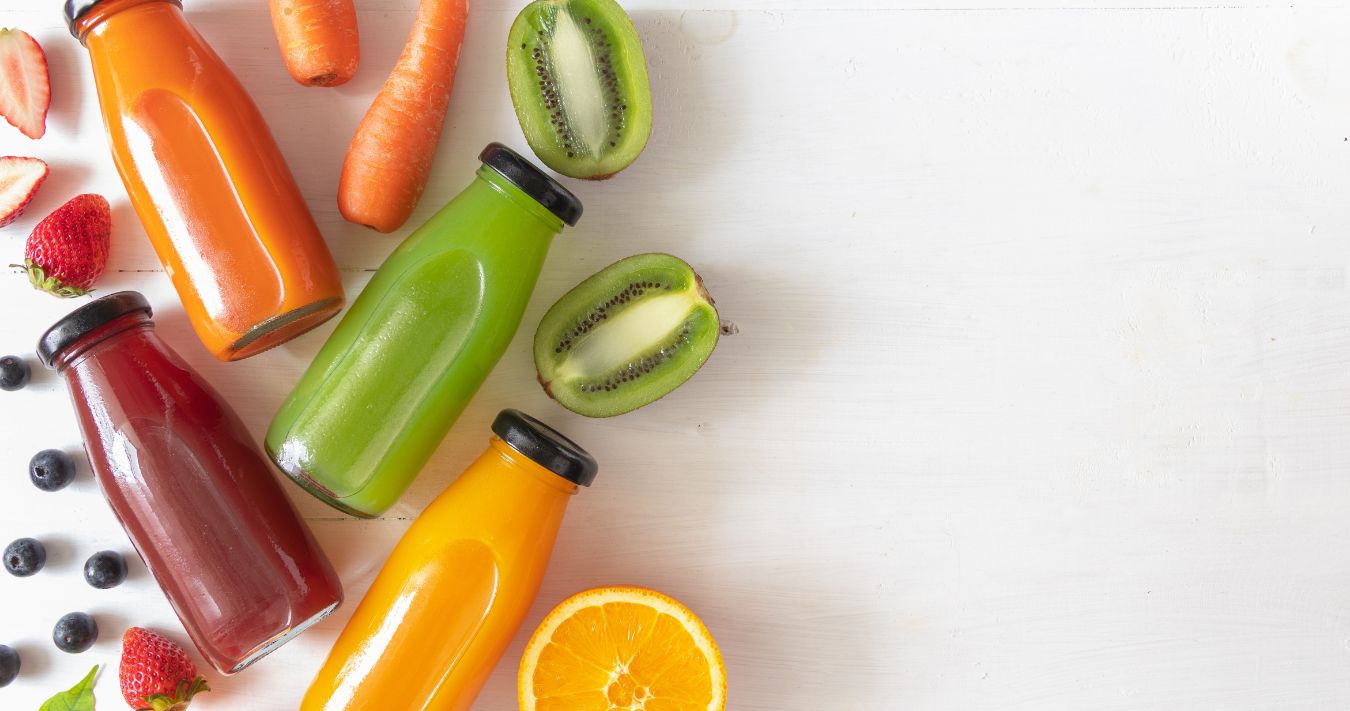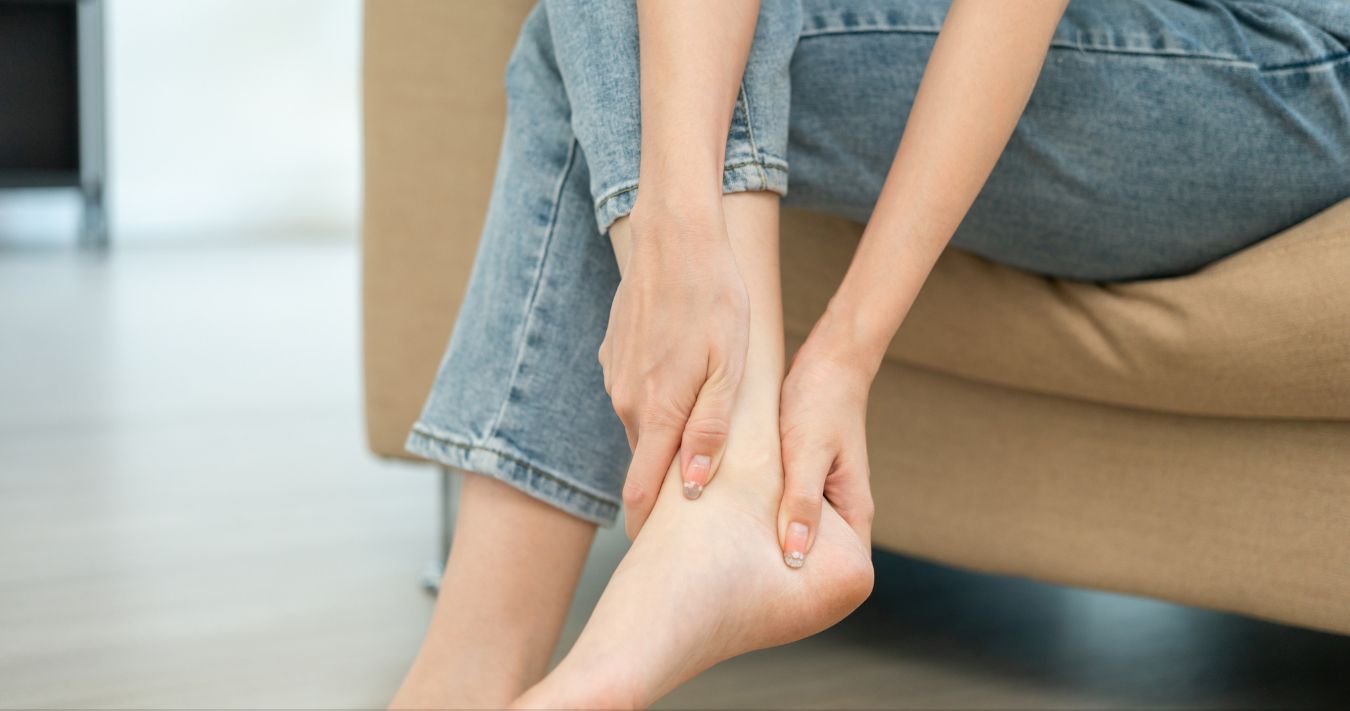8 Drinks to Avoid if You Have a Sleep Disorder
Getting a good night’s sleep is important for your health, mood and energy. But if you have trouble falling asleep or staying asleep, the problem may not just be your stress or bedtime routine. It could be what you drink during the day. Certain drinks can keep your brain alert, upset your stomach or interfere with your natural sleep cycles. Below are eight drinks you should avoid in order to help you rest better and wake up feeling refreshed.
1. Coffee
Coffee is one of the biggest culprits when it comes to poor sleep. It contains caffeine, a stimulant that can stay in your system for up to eight hours or more. Even a cup in the afternoon can make it harder to fall asleep at night. For people with sleep disorders like insomnia, coffee can increase tossing and turning or lead to light, shallow sleep instead of deep rest.
If you enjoy coffee, try to limit it to mornings only and switch to decaf later in the day.
2. Energy Drinks
Energy drinks are often loaded with caffeine, sugar and other stimulants such as guarana and taurine. While they may give a short-term boost, they also raise your heart rate and blood pressure, making it difficult to relax later. For people with sleep problems, energy drinks can cause jitteriness and even nighttime anxiety. The high sugar content can also lead to a crash a few hours later, leaving you feeling exhausted, but unable to sleep soundly.
3. Soft Drinks
Many soft drinks, or soda, contain caffeine and large amounts of sugar. Both ingredients can mess with your body’s internal clock. Sugar causes blood sugar spikes that may leave you feeling wired at first, followed by a sudden drop in energy that can disturb your sleep cycle.
Even caffeine-free sodas can cause problems with artificial colors and sweeteners like aspartame that may trigger restlessness in some people. Choosing sparkling water or herbal tea instead is a better way to stay refreshed without losing sleep.
Related Search Topics (Ads)
4. Alcohol
Some people think a nightcap helps them sleep, but alcohol actually harms sleep quality. While it can make you feel sleepy at first, it disrupts your REM (rapid eye movement) sleep, which is the stage responsible for deep, restorative rest and dreaming. Drinking alcohol before bed can also make snoring and sleep apnea worse by relaxing the muscles in your throat. If you drink, try to stop at least three to four hours before bedtime and drink plenty of water to help your body recover.
5. Caffeinated Tea
Tea may seem mild compared to coffee, but black and green teas still contain caffeine. Drinking tea in the evening can interfere with your ability to fall asleep or cause lighter sleep throughout the night. Even some “decaf” teas still have small traces of caffeine. If you love tea, choose herbal varieties like chamomile, rooibos or peppermint in the evening.
6. Chocolate Drinks
Hot chocolate, chocolate milk and cocoa drinks may seem comforting at bedtime, but chocolate naturally contains caffeine and a stimulant called theobromine. These chemicals can increase heart rate and alertness, making it harder to wind down. The sugar in these drinks can also cause spikes in energy right before bed.
7. Sweetened Fruit Juices
Fruit juices can be high in sugar. Drinking them late at night can raise your blood sugar, causing your body to release insulin and disrupt your sleep cycle. The acidity in juices like orange or grapefruit can also cause heartburn or stomach upset when you lie down, which is especially bad for those with reflux or nighttime indigestion.
8. Caffeinated Water and Sports Drinks
Many “energy” waters and sports drinks now come with added caffeine or stimulants. These are marketed as healthy, but for someone with a sleep disorder, they can be just as harmful as coffee or soda. Caffeine hides under many names, including guarana, yerba mate and green coffee extract, so always check the label. For hydration, stick to plain or lightly flavored water without stimulants.
Drinks That Can Help You Sleep
If you struggle with falling asleep, choosing the right nighttime drink can make a big difference. Here are a few options that support better rest.
1. Warm Milk
A classic bedtime drink, warm milk contains tryptophan, an amino acid that helps your body produce serotonin and melatonin, two chemicals that promote relaxation and sleep.
2. Chamomile Tea
Chamomile is known for its calming effects. It acts like a mild sleep aid by reducing anxiety and helping your body relax naturally.
3. Tart Cherry Juice
Tart cherries are a natural source of melatonin. Drinking a small glass an hour before bed has been shown in studies to improve sleep quality and duration.
4. Herbal Tea Blends
Herbs like valerian root, lemon balm and lavender have been used for centuries to ease tension and promote restful sleep. Choose caffeine-free blends made specifically for bedtime.
5. Water
Staying hydrated helps prevent dry mouth and dehydration, both of which can wake you up at night. Just don’t drink too much right before bed to avoid bathroom trips.
What you drink matters to your overall sleep quality. If you continue having trouble sleeping despite avoiding these drinks, talk to your doctor. You may need a personalized sleep plan or evaluation for an underlying condition.
Keep reading to learn about some of the best king sized mattresses you can buy.

